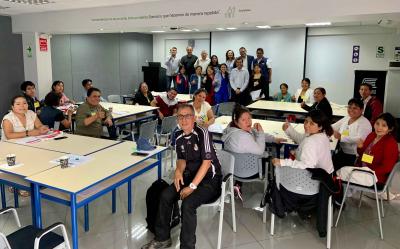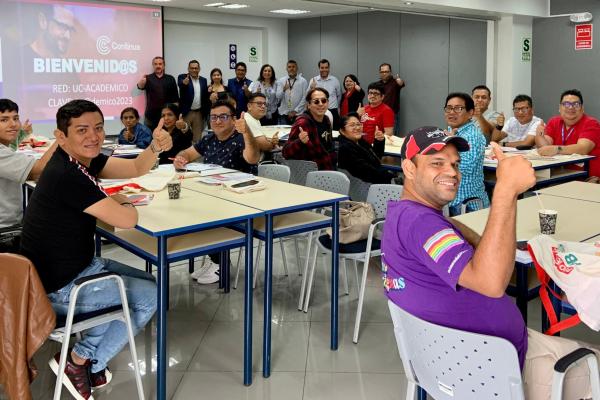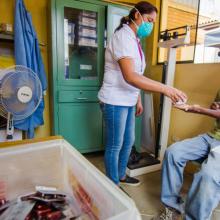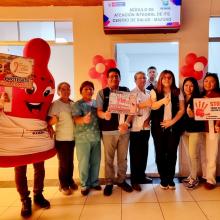This December 16 and 17, the face-to-face sessions of the courses for HIV peer educators and TB peer counselors were held at the Universidad Continental, within the framework of the C19 RM component of the TB-HIV Country Project, financed by the Global Fund, coordinated by Minsa and Conamusa, and executed by Socios En Salud.
Through an active and participatory methodology, both courses had the main objective of strengthening the skills of tuberculosis (TB) and HIV peer counselors, while providing them with didactic tools to provide counseling, emotional support and accompaniment to people affected by tuberculosis (PAT) and those living with HIV in the most vulnerable communities.
These actions become relevant to the extent that the work of peer counselors contributes to strengthening accessibility to timely care and adherence to treatment, and has a significant impact on the quality of life of PATs and people living with HIV.
In that sense, the four-week courses contemplated a first theoretical-virtual stage, where participants explored theoretical knowledge on TB and HIV issues, from prevention, risk factors, diagnosis and treatment of both infections, to peer counseling techniques and the potential of their impact on the community.
The face-to-face sessions stage contemplated the application of the knowledge developed in the virtual sessions, through role-playing exercises (practical or simulated situations) that counted with the supervision of peer educators with extensive experience, in order to achieve an optimal counseling work in the field.

Más de 20 consejeros pares en TB participaron en las sesiones presenciales que tuvieron 8 horas de duración cada una
The more than 50 participants of both courses represent 9 Organizations Affected by Tuberculosis (OAT) and 14 Community Based Organizations (OBC), who come from seven regions of the country: Ancash, Ica, Iquitos, San Martin, Trujillo, Piura, Ucayali and Lima.
In light of the fact that in the last year alone more than 9600 cases of HIV infection (CDC MINSA) and more than 29 500 cases of TB (DPCTB MINSA) were reported in Peru, these joint training actions contribute to strengthening community-based work and thus the national response to TB and HIV.



